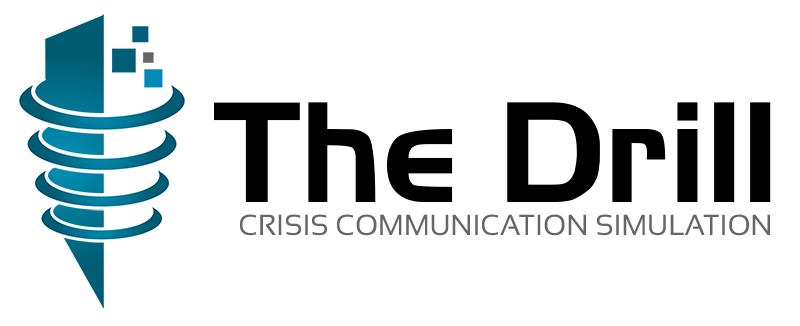Crisis management leaders need time-out, too!
You can find lots of articles and essays about the need for compassion and kindness during crisis management situations like COVID: You know, the need to nurture, rest and self-care? Leaders and crisis communications management are exhorted to be compassionate and kind in dealing with affected stakeholders, especially their staff. Yet it seems that particular advisory doesn't apply to THEM - especially nation state or corporate 'leaders' - who appear held to different standards by the citizenry and media.
Before we rush to condemn them - or me, for raising the topic - should crisis management drill leaders not be allowed discretionary time and choice for how they choose to recharge their dimming batteries? Does compassionate time only apply to unseen or anonymous operatives who we haven't the inclination or bias to judge; yet? (Wait 'til they get into power, though, right ?)
If we know that crises fatigue all leaders plus those in the crisis team command centre, why grudge any some recuperation time?
I mean, did Donald Trump really do such a heinous thing, hacking a round of golf last week? Were his peers happy to see him get lost? Was ex-top Victoria cop Christine Nixon's decision to dine out after sustained pressure, such a catastrophe compared to the devastating natural disaster of Black Saturday? Way before these two, Prez Obama copped flak for golfing in 2014 while Ebola broke. George Dubya Bush felt it for ridin' round his ranch, and ex-BP honcho Tony Hayward copped stick for taking an afternoon sail with friends and family. I'd venture that none of these pre-eminents' time or attention is 100% critical to the effective administration of their respective crisis management responses, yet all were summarily scolded - shamed is another descriptor - for 'de-compressing' from crisis stress in their own way.
Or are we still insisting that relentless soldiering-on is the true mark of a modern crisis leader?
I'm not saying resilience isn't an asset. Nor that indolence is helpful amid crisis companies (and certainly not expert crisis consultants). Obviously it's true that some leaders may duck or shirk responsibility at inopportune times. Others might present as cold, unfeeling machines. But what if they were actually struggling with the crisis load? What if others had undiagnosed mental or psychological issues? Does that entitle the commentariat to shame or scold their attempts to self-care, if not self-medicate by taking time off to clear their head or stretch their limbs? Would we condemn a regular worker for feeling the pinch of pressure? Why do we still expect modern leaders to be superhuman, despite so regularly seeing the muddy tracks of their feet of clay?
My learned crisis colleague - George Noon - reminded me about the optics of such events: Appearing to fiddle while Rome burns is not a particularly good look for crisis preparations. And he's not wrong.
Yet 'the optics' are primarily a media construct from an age when few gave a care for self-care. Precious few know what it's like to be 'on' all the time: It's a bloody tough gig, tho. Remember, many media stories are fuelled by the appearance of wrongdoing. But if we're talking about a more evolved kind of human resource welfare, should we really place "image optics" over how anyone - even lofty leaders - chooses to take their mind off the, too awful, job at hand so as to come back to it hopefully refreshed and restored?
Are we not ready to be quite that compassionate towards some leaders?
Surely, many of the executives and experts who actually run these crises (yep, Ministers and Presidents are only notional heads of crisis response campaigns, friends!) might even appreciate their beloved 'leaders' pissing off for a foray around the fairway, leaving them to get on with their disciplinary expertise free from misinformed meddling!
When experts talk about avoiding crisis management burn-out by pursuing solid, self-care, why do we expect our 'leaders' not to have the same human needs to repair and restore? As their manifest flaws testify, surely all are mere mortals - just like us citizens - rather than the super-human celebrity figures (or arch villains) they're often portrayed to be, by a commentariat keen-eyed for the very next crisis-hyped headline.
Gerry McCusker is the founder of online crisis simulation technology, The Drill. gerry@thedrill.com.au
